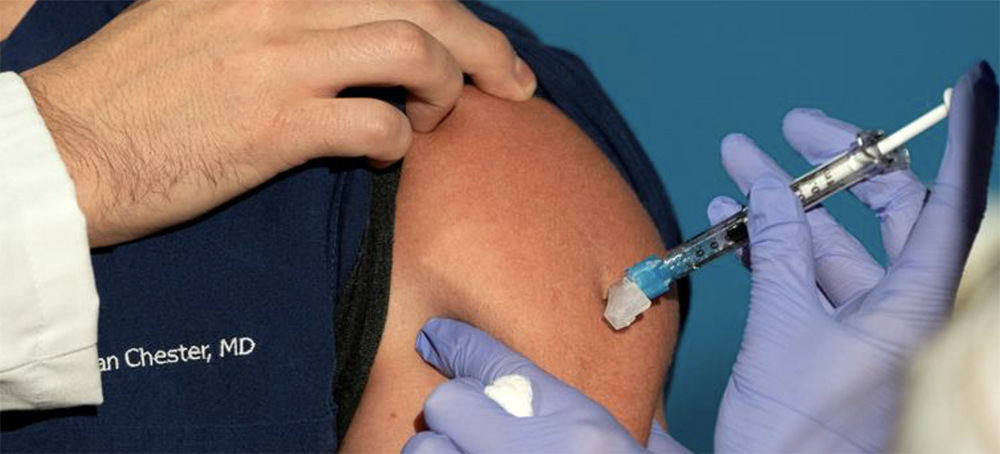Live on the homepage now!
Reader Supported News
As war erupted in the 1770s between American Revolutionaries and our British Imperial masters, a smallpox pandemic tore through the colonies.
The deadly disease killed by the thousands. But Supreme Commander George Washington made inoculation a decisive weapon of war.
The key insight came from a slave. In the early 1700s, an African “owned” by the Puritan preacher Cotton Mather introduced white America to the art and science of plague prevention. Stolen from his native land, Onesimus brought with him knowledge of the ancient method of inoculation.
As smallpox ravaged Calvinist Boston, Onesimus explained that injecting a small amount of infected pus under the skin of a healthy human would bring on a mild case of the disease … and then immunity. Despite intense resistance from the “civilized” white citizenry, Mather pushed the African insight.
Among those who trusted it … it worked, and countless lives were saved.
Several decades later, a 19-year-old George Washington traveled to Barbados with his brother, Lawrence. The trip was meant to cure Lawrence of tuberculosis, which later killed him.
Upon arrival, the Washington brothers had dinner with a wealthy merchant named Gedney Clarke. George wrote in his diary that he went “with some misgivings” because “the smallpox was in his family.”
Nonetheless, they dined … unmasked.
Two weeks later, George came down with the dread disease. After a month of dire agony, he emerged with a pocked face … and immunity.
When he took command of the Revolutionary Army in 1775, smallpox was again ravaging the region. Washington’s response was unrelenting. He imposed strict quarantines. And, in the face of fierce resistance, he demanded mass inoculation of his troops.
It worked.
Despite a wide range of serious hardships, including freezing weather and thin rations, the Continental Army survived the smallpox far better than the civilian population … and the British Army, whose Redcoats died in droves.
Many military historians credit Washington’s public health response with the young nation’s astonishing victory over the world’s most powerful imperial – but unVAXXED – army.
Is there, in that, a lesson for today?
Harvey Wasserman’s The People’s Spiral of US History is at www.solartopia.org. Every Monday at 5 pm ET, he co-convenes the Grassroots Emergency Election Protection coalition zoom (www.electionprotection2024.org
Reader Supported News is the Publication of Origin for this work. Permission to republish is freely granted with credit and a link back to Reader Supported News.
Follow us on facebook and twitter!
PO Box 2043 / Citrus Heights, CA 95611




